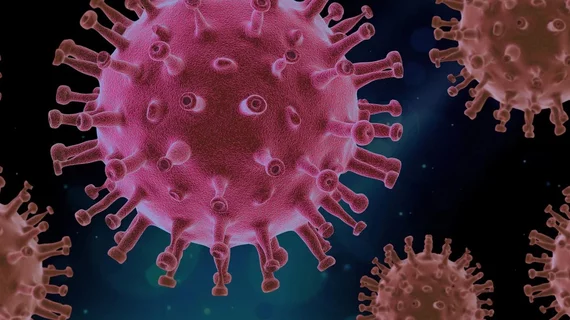AI-powered search engine simplifies access to scholarly material on COVID-19
Computer scientists in Canada and the U.S. have built an AI-powered search engine for clinicians and researchers engaged in the battle against COVID-19.
Called Neural Covidex, the system builds off the COVID-19 Open Research Dataset, or CORD-19, which is run by the Seattle-based Allen Institute for AI.
Neural Covidex allows inquirers to access, by posing simple text queries, CORD-19’s massive, publicly available database of scholarly articles, medical reports and related content.
The project is led by Jimmy Lin, PhD, of the University of Waterloo in Ontario, according to a news release sent by that institution April 7. His collaborators include Kyunghyun Cho, PhD, of New York University and two undergrads studying computer science at Waterloo.
Lin’s expertise is in building systems that tap neural networks, natural language processing and information retrieval to help end-users glean insights from agglomerations of dispersed texts.
He turned his skills to his present project because he wanted to contribute in whatever way he could in the fight against COVID-19, the university says.
Lin says Neural Covidex “can provide an easier way for clinicians, researchers and other experts to navigate the plethora of information that is emerging from the scientific community and obtain relevant, actionable evidence as quickly as possible.”
For its part, the Allen Institute’s CORD-19 includes peer-reviewed material on SARS, MERS and previous coronaviruses. It’s updated once a week as new research gets published.
For more on the project, including a demonstration, click here.

